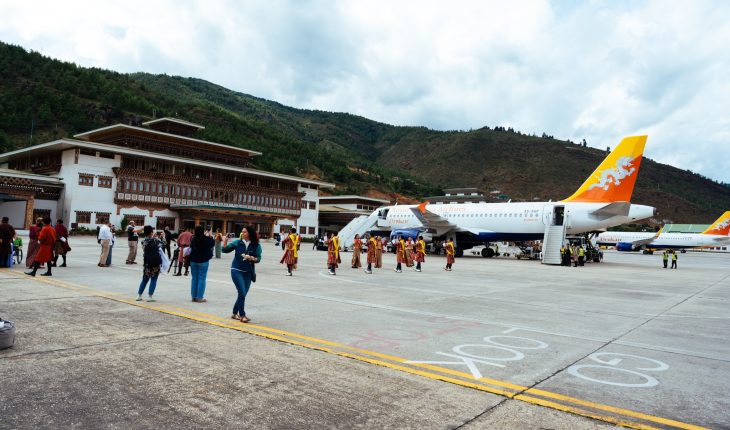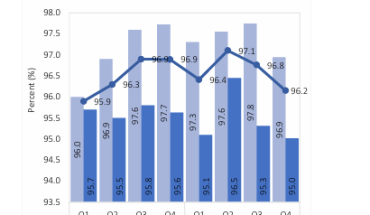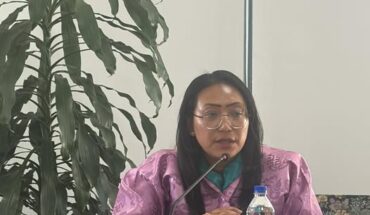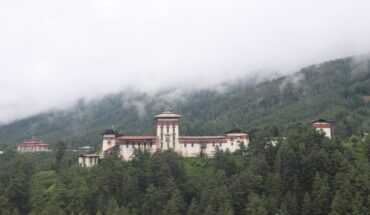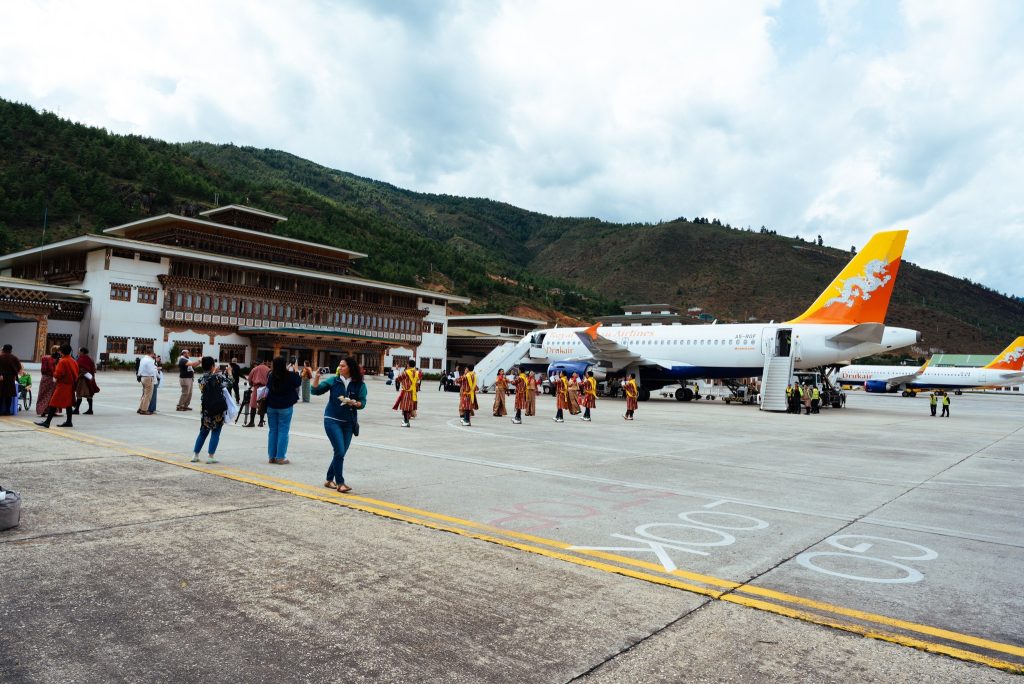
Nearly 210,000 tourists visited Bhutan in 2025, up from about 145,000 arrivals in 2024
DAWA ZANGMO | Thimphu
Bhutan’s tourism sector recorded a significant recovery in 2025, with international visitor arrivals increasing by more than 44 percent compared to the previous year, according to the Annual Tourism Snapshot 2025.
The growth reflects renewed global interest in the country and marks a positive turnaround for an industry heavily affected by the COVID-19 pandemic.
Nearly 210,000 tourists visited Bhutan in 2025, up from about 145,000 arrivals in 2024. The increase in visitor numbers generated direct revenue of slightly over USD 43 million, or close to Nu 4 billion, through the Sustainable Development Fee (SDF).
This represents a 49 percent rise from the USD 29 million collected in 2024.
During the launch of Tashi Melong “Annual Tourism Snapshot 2025” the Director with the Department of Tourism, Damchoe Rinzin, reported steady growth in arrivals throughout the year, with visitors travelling to Bhutan from 157 countries.
India remains the largest source market, accounting for approximately 62 percent of total arrivals in 2025, a slight decline from nearly 65 percent in 2024.
Other major source countries include the United States, China, Singapore, the United Kingdom, Malaysia, Bangladesh, Germany, Australia, and Thailand.
The average length of stay varied by market. Tourists from India stayed an average of four nights, while visitors from other countries spent about five nights in the country.
The Sustainable Development Fee (SDF), which forms the basis of the reported revenue, is currently set at USD 100 per person per night for most international visitors.
Indian tourists pay Nu 1,200 per night, while visitors from Bangladesh are charged USD 15 per night. Certain exemptions apply, particularly for children.
Industry, Commerce and Employment Minister Namgyal Dorji said the reported earnings represent only revenue collected through the SDF and do not account for additional tourism-related spending.
“The figures reflect only the SDF collected by the government and do not include expenditure on accommodation, food, transport, or airfare. When these components are taken into account, tourism is contributing an estimated 10 to 15 percent to the country’s GDP,” he said.
He added that the benefits of tourism extend beyond government revenue. “Tourism is not solely a government-driven sector. It supports private businesses, including hotels, hospitality services, and related industries. The current recovery indicates that all stakeholders are fulfilling their roles responsibly,” he said.
Tourism experts attribute the sector’s rebound to targeted international promotion and diversification of tourism offerings.
Bhutan’s presence at major global travel fairs, along with marketing campaigns involving international influencers, has helped increase the country’s visibility as a high-value destination.
One of the notable developments in 2025 was the growing interest in the Gelephu Mindfulness City, which has emerged as a key attraction for visitors seeking distinctive and experience-based travel.
Damchoe Rinzin said that the project has contributed to positioning Bhutan as a destination focused on wellness, sustainability, and mindful living.
Before the pandemic, Bhutan welcomed more than 300,000 tourists in 2019, marking the highest number of arrivals recorded in the country. The government has set a target to reach similar levels by the end of this year.
Tourism authorities remain cautiously optimistic, noting that ongoing infrastructure development, new tourism products, and continued international engagement are expected to further support growth in the sector.
With visitor numbers steadily increasing and revenue from tourism showing strong gains, Bhutan’s tourism industry appears to be on a stable recovery path.
Officials say sustained efforts will be required to balance growth with the country’s long-standing commitment to sustainable and responsible tourism.

